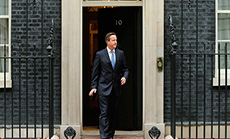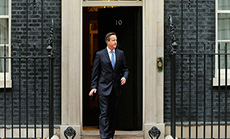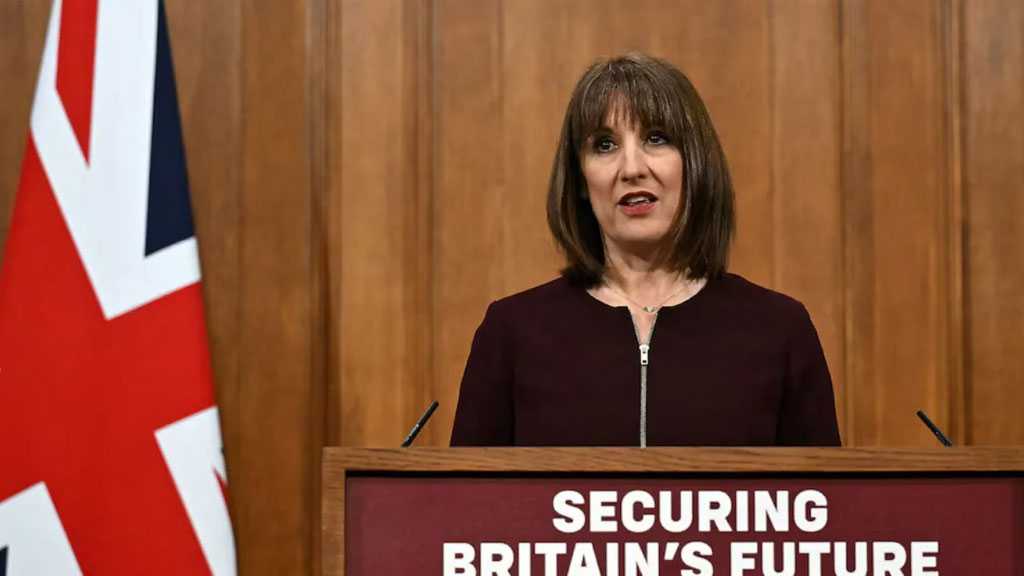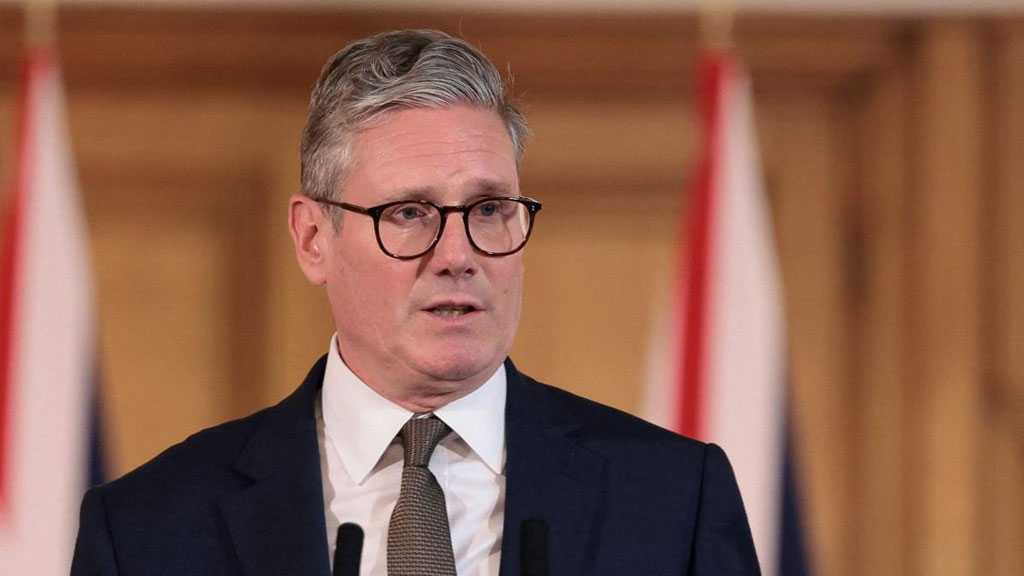Cameron Vows No Third Term as PM

Local Editor
British Prime Minister David Cameron has ruled out serving a third term if the Conservative Party is re-elected in May's general election. Though the PM said he simply hopes to end his role, the statement triggered accusations of political arrogance.

Regarding his future role, Cameron has only revealed that he wants to continue being an MP.
"There definitely comes a time where a fresh pair of eyes and fresh leadership would be good, and the Conservative Party has got some great people coming up: the Theresa Mays, and the George Osbornes, and the Boris Johnsons. You know, there's plenty of talent there. I'm surrounded by very good people. The third term is not something I'm contemplating."
But Shadow Foreign Secretary Douglas Alexander was quick to lash out at Cameron's statement, also noting that he could become less popular among voters in the May polls - and therefore may not even serve a second term.
"It is typically arrogant of David Cameron to presume a third Tory term in 2020 before the British public have been given the chance to have their say in this election," shadow foreign secretary Douglas Alexander said.
Meanwhile, the prime minister has been battling against dropping popularity since December, which was intensified by the Twitter campaign #CameronMustGo. The goal of the social media campaign, which gathered around one million mentions on Twitter, was to oust the Conservative Party leader.
Cameron has been criticized on several points in both domestic and international domains.
The British prime minister was called out for being too cozy with big business and giving North Sea oil companies tax breaks, while not investing enough money in the National Health Service or education.
The prime minister faced heat for actively supporting the military operation in Libya. Back in 2011, he visited Tripoli with France's then-President Nicolas Sarkozy to declare victory over Muammar Gaddafi's regime in what turned out to be premature celebrations with the rebels. Heavy criticism flowed in after his visit, as fighting in Libya was still in full swing.
One of the latest accusations against Cameron revolved around him not stepping up and participating in Ukraine talks when the French president and German chancellor visited Moscow and Kiev.
Just last week, Cameron said the chances of the UK holding a referendum on the country's European Union membership in 2015 were "pretty slim." The statement followed earlier calls by figures such as London Mayor Boris Johnson to bring forward the 2017 in/out referendum.
Source: News Agencies, Edited by website team
- Related News




